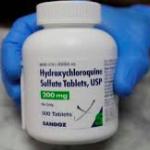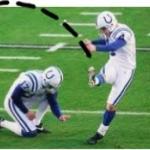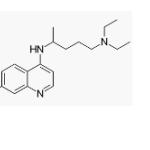A paper came out in Nature on July 22 that further underscores earlier studies that show that neither the malaria drug hydroxychloroquine nor chloroquine prevents SARS-CoV-2 – the virus
chloroquine
By William Petri, University of Virginia
The FDA just revoked the emergency authorization of chloroquine and hydroxychloroquine (HCQ) - two malaria drugs that were supposed to help control coronavirus infection. But they were strong on hype and weak on results.
Two drugs, chloroquine (CQ), and hydroxychloroquine (HCQ) are all over the news because both drugs are being extensively studied for their antiviral potential against coronavirus.
You just can't hype drugs. They are either going to work well or not. Wishful thinking doesn't help. Neither does bluster. Nonetheless, we're now getting quite a dose of hype and bluster in recent days.






